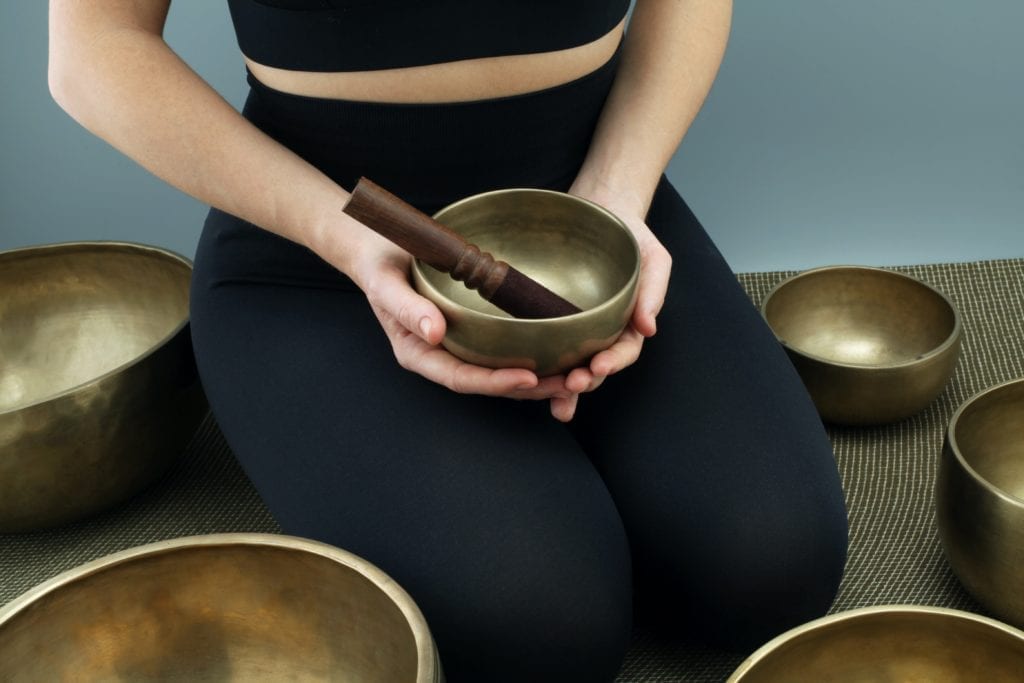Anxiety and stress can affect us all. Different breathing techniques can help you calm when you’re feeling anxious. Read on to learn more about 5 breathing techniques that can help you relax!
RELATED: Is The Best Medicine
Breathing & Anxiety
Anxiety and stress can affect us all regardless of age. There are different ways to deal with stress. Mindfulness, for instance, has been proven to reduce stress and anxiety, and breathing is a huge component of this.
Breathing is known to reflect your emotions. Taking deep breaths will slow your hear rate, and allow more oxygen to enter you blood stream, which helps you relax. Shallow breathing lowers the oxygen levels in the blood, and your brain perceives it as stress.
Muscles play a significant role in breathing. Breathing with your diaphragm requires the use of the abdomen and the intercostal muscles. When you’re upset or stressed, the abdomen gets tense and prevents the primary muscles from functioning. When the primary muscles cannot function properly, all the work gets passed onto the secondary muscles, which makes them more tired and stressed. In the long term, this can lead to tension, headache, fatigue, and weak breathing.
Symptoms of Dyspnea
Shortness of breath (dyspnea) is a common symptom of anxiety. Anxiety is your body’s natural reaction to fear. Your body reacts in physical and psychological ways to either fight the situation or run away from it.
Anxiety has been reported to have different effects on the respiratory system and your overall health. It can cause;
- Hyperventilation
- Chest Tightness
- Feeling of Suffocation
- Accelerated Heartbeat
- Nausea and Vomiting
If you’re having severe symptoms and the breathing exercises are not working, we recommend you to see a specialist because these symptoms can be signs of different problems.
5 Breathing Techniques
Deep Breathing
Shallow breathing can cause stress, so deep breathing exercises can help you reduce stress and anxiety.
Sit in a position where your chair supports your neck, shoulders, and head.
Inhale through your nose slowly and fill your stomach with air.
Exhale through your nose and feel your stomach getting lower.
Repeat this exercise for 5 breathing.
4 Seconds Breathing
Close your eyes and listen to your normal breathing for a couple of minutes.
Slowly inhale through your nose as you count up to 4.
Exhale slowly while counting to 4 again.
As you breathe in and out, try to focus on your existence and your breathing.
Coherent Breathing
Lie down and close your eyes, relaxing.
Gently inhale through your nose and count up to 6, do not fill your lungs with too much air.
Breathe out while counting 6 again, letting the air come out slowly and naturally.
Repeat this breathing pattern for 10 minutes.
After 10 minutes of coherent breathing, give yourself a couple of minutes to relax.
Nostril Breathing
Use your right hand to close your right nostril and inhale slowly.
Close both nostrils and hold your breath for 2 seconds.
Close your left nostril, exhale slowly through your right nostril, and wait for another 2 seconds before inhaling.
Repeat this exercise 10 times.
Circular Breathing
Inhale deeply through your nose for 2 seconds.
Hold your breath for 2 seconds.
Exhale through your nose for 2 seconds.
And again, hold your breath for 2 seconds before inhaling.
Repeat this exercise for 5 minutes. And try to focus on your breathing and the flow of air in your body.
Mindfulness and meditation are effective ways to fight anxiety, and you can use breathing techniques in both. If you feel like you cannot control your anxiety and feel worried about your mental health, we kindly recommend seeking professional help.
Share your thoughts in the comments section! Which breathing techniques work for you? What other anxiety controlling activities do you do?
Up Next:
- Does Meditation Really Work? (Yes, Here’s How)
- 5 Tips To Have More Energy and Better Mood At Any Age
- Why Tai Chi Is Good For You



